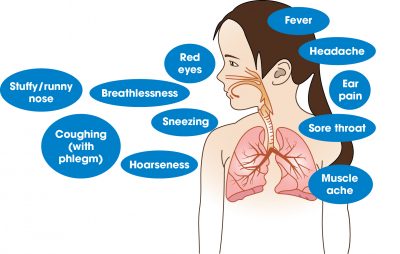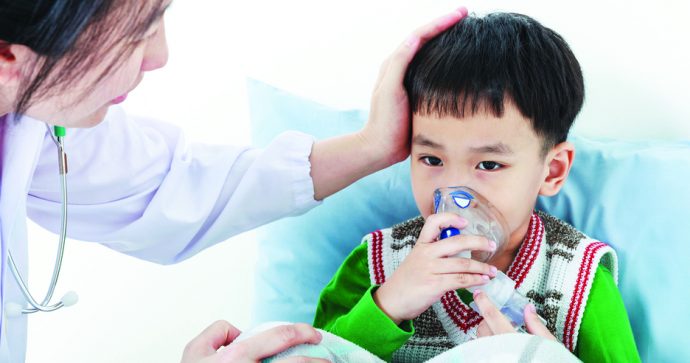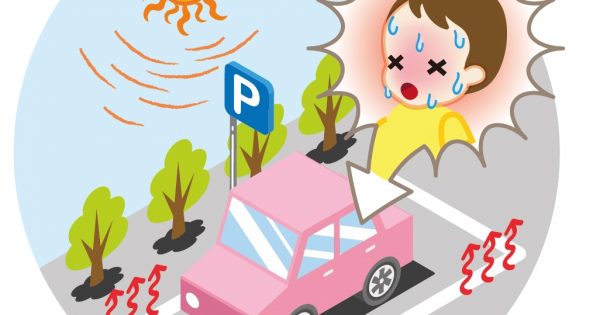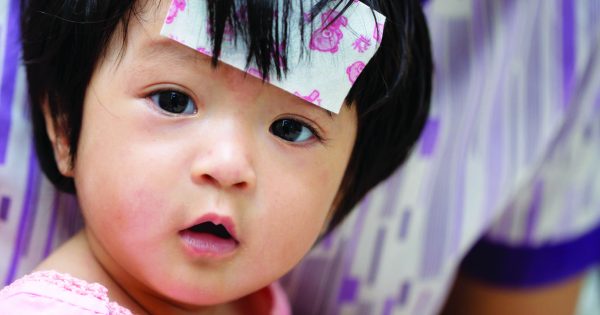Respiratory tract infections (RTIs) affect the throat, nasal passages, airways, lungs and sinuses. These infections may be caused by either virus or bacteria.
RTIs can spread when other people are exposed to the coughs and sneezes (water droplets) of an infected person. RTIs in children are quite common, especially if they go to day-care centres/schools or have siblings, due to close contact with others.
Types: upper or lower?
Several illnesses fall under RTIs, which are categorised into two types. Generally, RTIs that affect the lower respiratory tract or are caused by bacteria are more severe.

Symptoms: which is it?
Many symptoms of these RTIs overlap, making it difficult to differentiate the illnesses. Here are some common symptoms:

Immediately seek medical advice if your child shows these additional symptoms:
- Fast breathing
- Wheezing (high-pitched whistling sound made while breathing out)
- Stridor (noisy breathing that happens when the upper airway is blocked)
- Chronic coughing (more than 3 weeks)
- Blood-stained mucus from cough
- High fever
- Lethargy (less talkative, less active)
Treating and managing RTIs
If the infection is caused by bacteria, doctors may prescribe antibiotics. For a viral infection, it usually clears up within a few days. Doctors may also prescribe decongestants, nasal sprays, cough medicines or painkillers to treat the symptoms, depending on the type of illnesses/infections.
Apart from that, practise these tips to help your child get better:
- Get enough rest
- Drink plenty of water to loosen mucus
- Give hot lemon and honey drink to soothe coughs (not suitable for babies)
- Use extra pillows to raise your child’s head when sleeping, so that breathing is easier and mucus can be cleared
- Avoid smoke from cigarettes or other sources
Concerns: pneumonia
Most RTIs are mild and will resolve without any dangerous complications if treated and managed properly. However, pneumonia can be dangerous if your child is below 2 or his immune system is compromised. Pneumonia is usually caused by bacteria (such as Streptococcus pneumoniae), resulting in the inflammation of lung tissue.
Possible complications include:
- Bacteraemia and septic shock. Infection in the blood that can lead to dangerously low blood pressure
- Lung abscesses. Accumulation of pus in the lungs
- Pleurisy, pleural effusion, empyema. Swelling of the pleura (two layers of tissue around the lungs), pleura filled with fluid, and infection in the pleural space
- Respiratory failure. Lung failure to transfer oxygen and remove carbon dioxide in and out of blood
Some RTIs can be prevented by vaccination. The pneumococcal vaccine can be taken to prevent pneumococcal pneumonia, while an annual flu vaccination can help prevent flu. Consult your doctor to know more about these vaccines. Practising hygiene is also important in controlling the spread of RTIs. Remind your child to wash his hands regularly, cover his mouth with tissue or handkerchief when coughing or sneezing, and avoid contact with ill people.
An educational contribution by Malaysian Paediatric Association.







Comments